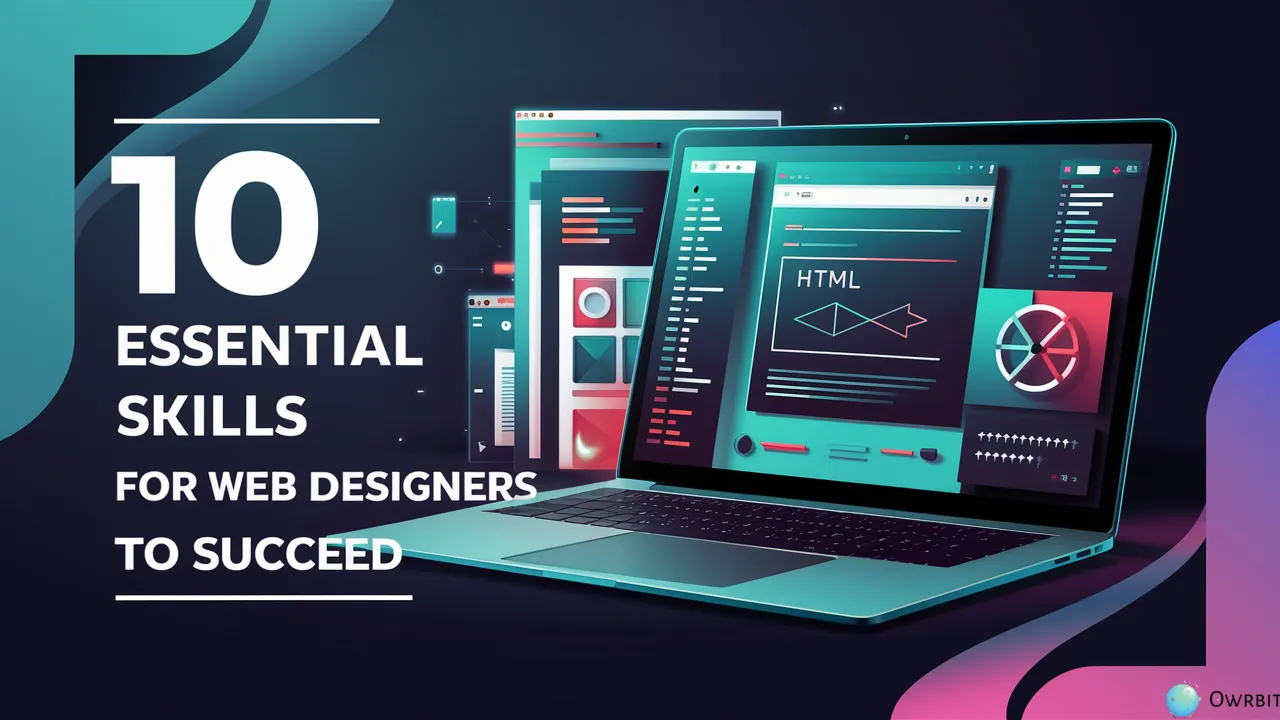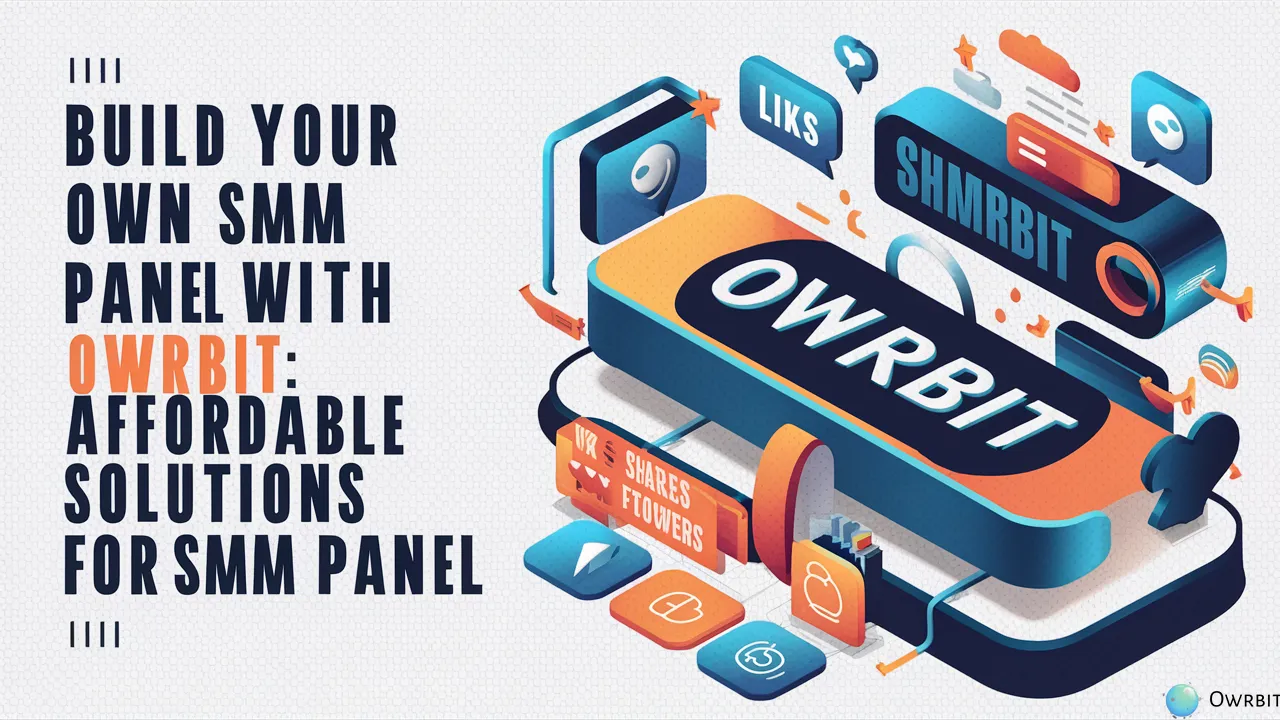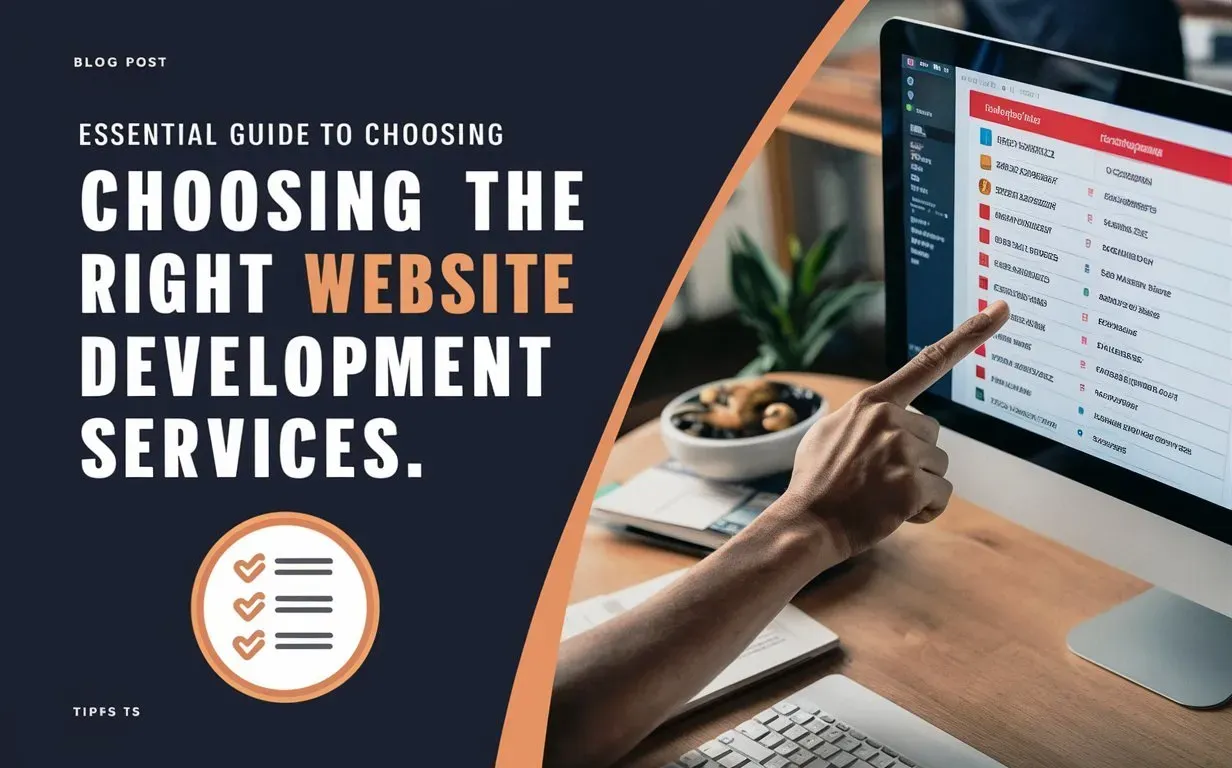Web designers need to keep learning new things. Whether you are just starting out or already have experience, you must build strong Skills for Web Designer to adapt. It all begins with understanding the right Skills required for web designer for your career. Gaining these Skills for Web Designer early on will help you stay current, and knowing the essential Skills required for web designer makes every project smoother.
At Owrbit, we believe that mixing creativity with tech know-how is the way to succeed. Learning modern Skills for Web Designer—like using new design tools and fresh layouts—gives you an edge over the rest. At the same time, mastering the basic Skills required for web designer, such as responsive design and clear navigation, is a must. Focusing on these modern Skills for Web Designer and the basic Skills required for web designer helps keep your work in line with changing trends.
Keeping your design work updated is key. Regularly updating your Skills for Web Designer portfolio by learning new techniques, whether it’s motion graphics or simple layout improvements, can set you apart. Concentrate on the core Skills required for web designer like easy navigation and accessibility. Practice these Skills for Web Designer often so that you can build and improve the important Skills required for web designer over time.
As 2025 nears, it’s important to refresh and perfect your work habits. Updating and refining your Skills for Web Designer will be your secret to standing out in the market. At the same time, you must perfect the Skills required for web designer to create websites that are both attractive and functional. When you focus on these Skills for Web Designer and work on broadening the Skills required for web designer, you build a strong foundation for future success.
No matter where you are in your career, keeping your Skills for Web Designer updated is always a wise move. It is equally important to continuously work on the Skills required for web designer so that every website you design remains modern, user-friendly, and effective.

Introduction: The Evolving Role of Web Designers

- Today’s digital world is changing fast, and having the right Skills for Web Designer is essential, as these form the very core of the Skills required for web designer needed on every project.
- Web designers must blend creativity with technology, making it important to learn key Skills for Web Designer that directly support the Skills required for web designer in modern work environments.
- With new design tools and trends emerging all the time, updating your Skills for Web Designer is just as critical as mastering the current Skills required for web designer.
- A simple, clear design approach shows that having solid Skills for Web Designer is tightly linked to understanding the essential Skills required for web designer that users expect.
- Using mobile-friendly formats and fast-loading pages proves that effective Skills for Web Designer go hand in hand with the basic Skills required for web designer to create enjoyable online experiences.
- As we approach 2025, continuously expanding your Skills for Web Designer is key to adapting to shifts in technology while meeting the evolving Skills required for web designer.
- Many companies now search for professionals who demonstrate strong Skills for Web Designer and who can easily incorporate the specific Skills required for web designer into their projects.
- Ultimately, the future of web design depends on balancing creative Skills for Web Designer with technical Skills required for web designer, paving the way for fresh, effective design solutions.
This introduction sets the stage for exploring how developers can stay ahead by honing these crucial competencies in an ever-changing digital landscape.
Top 10 Essential Skills for Web Designers to Succeed :
Checkout How to Create a Truly Anonymous Website: A Step-by-Step Guide

Skill #1: Proficiency in Responsive Design
Proficiency in responsive design is a cornerstone among the Skills for Web Designer needed in today’s digital world. As part of the Skills required for web designer, mastering responsive design ensures that websites seamlessly adapt to various screen sizes, whether on smartphones, tablets, or desktops. A high level of proficiency in responsive design is not only an essential mark of advanced Skills for Web Designer but also a critical element among the Skills required for web designer.

Responsive design relies on flexible grids, adaptable images, and CSS media queries to create user-friendly websites. Developing these techniques is one of the top Skills for Web Designer, and incorporating them into every project underlines the key Skills required for web designer in our ever-evolving tech landscape.
By consistently practicing responsive design, you enhance your portfolio of Skills for Web Designer while broadening the range of Skills required for web designer in modern digital experiences.
Superior responsive design is a clear indicator of refined Skills for Web Designer and an indispensable component of the Skills required for web designer. In today’s competitive market, a deep understanding and application of responsive design are indispensable for anyone devoted to elevating their Skills for Web Designer and mastering the Skills required for web designer.
Embracing responsive design techniques means continuously updating your Skills for Web Designer and ensuring that the Skills required for web designer you possess remain current.
Ultimately, your proficiency in responsive design not only solidifies your reputation as an expert in Skills for Web Designer but also exemplifies the cutting-edge Skills required for web designer that modern clients value.
Skill #2: Understanding User Experience (UX) Principles
Understanding User Experience (UX) Principles is one of the most critical Skills for Web Designer to develop in today’s competitive digital landscape. By mastering UX principles, you enhance not only your creative vision but also the Skills required for web designer that ensure every website is intuitive, engaging, and user-friendly.

Deep knowledge of UX means you can anticipate users’ needs—a core element of the Skills for Web Designer that separates outstanding work from the ordinary. When you focus on the Skills required for web designer that emphasize clear navigation, simple interactions, and logical design flows, you create digital experiences that resonate with diverse audiences.
Improving your ability to understand and apply UX principles enriches your overall Skills for Web Designer and directly contributes to the essential Skills required for web designer in any project. By routinely practicing user-centered design, you solidify the Skills for Web Designer that empower you to build interfaces where every feature is thoughtfully placed for maximum impact.
Additionally, adopting UX best practices further refines the Skills required for web designer, ensuring that your projects are not only visually appealing but also functionally robust. This continuous refinement of the Skills for Web Designer and the Skills required for web designer ultimately positions you as a leader in the constantly evolving digital space.
Skill #3: Knowledge of HTML, CSS, and JavaScript
For every aspiring web designer, mastering HTML, CSS, and JavaScript is a cornerstone of the Skills for Web Designer that pave the way for creating robust and interactive websites. This technical proficiency is not merely a bonus; it represents one of the fundamental Skills required for web designer that enable the translation of creative designs into functional digital experiences.

Having a solid grip on these technologies is critical because it forms the backbone of modern web development and is central to the Skills for Web Designer needed in today’s competitive landscape. When you learn HTML, CSS, and JavaScript, you enhance your ability to craft elegant layouts and dynamic interactions, thereby expanding the Skills required for web designer that businesses look for.
Furthermore, continuously refining your understanding of HTML, CSS, and JavaScript bolsters your overall repertoire of Skills for Web Designer. This investment in core coding languages directly reinforces the Skills required for web designer by enabling you to build websites that are both visually appealing and highly functional. As these technologies evolve, so too does your ability to maintain cutting-edge Skills for Web Designer while meeting the ever-changing Skills required for web designer in the industry.
Ultimately, a deep and continuously updated knowledge of HTML, CSS, and JavaScript not only elevates your technical prowess but also secures your position among the elite Skills for Web Designer by meeting the vital Skills required for web designer in a holistic and competitive manner.
Skill #4: Familiarity with Design Tools (e.g., Figma, Adobe XD)

- Mastering design tools like Figma and Adobe XD is crucial for any web designer. These tools allow you to quickly create clear layouts and interactive prototypes that bring your ideas to life.
- Regular use of these platforms helps you iterate designs efficiently while deepening your understanding of user interface design. This proficiency translates into smoother collaboration with teams and clearer communication with clients.
- By experimenting with advanced features in these design tools, you can develop innovative approaches and maintain a competitive edge in the dynamic digital landscape.
- In essence, an adept command of Figma and Adobe XD is indispensable for transforming creative concepts into effective digital solutions.
Skill #5: Basics of SEO for Web Design
Understanding the basics of SEO is essential for creating websites that not only look great but also perform well in search engine rankings. Here are some key points to consider:

- On-Page Elements: Integrate proper meta tags, headings, and clean, semantic HTML into your design process. This helps search engines understand your content and improves overall accessibility.
- Content Optimization: Optimize text, images, and videos by using relevant keywords and descriptive file names. This ensures that your content is easily discoverable while maintaining a natural flow for the reader.
- Mobile Optimization and Speed: Ensure that your website is mobile-friendly and loads quickly. A responsive design paired with efficient coding practices contributes significantly to both user experience and search engine performance.
- User Engagement: Design with user experience in mind by creating clear navigation, compelling call-to-action elements, and well-structured layouts. Engaging content that meets users’ needs tends to keep visitors on the site longer, which can positively impact SEO.
- Continuous Monitoring and Updates: SEO is an evolving field. Regularly testing website performance, updating content, and refining design techniques are vital practices that keep a website competitive in search results.
By integrating these SEO principles into your design process, you create a solid foundation for a website that is both visually appealing and highly discoverable online.
Skill #6: Ability to Work with Content Management Systems (CMS)
Being adept with content management systems is crucial for building websites that clients can easily update on their own. This skill involves understanding how to set up, customize, and manage platforms like WordPress, Joomla, or Drupal.

- Ease of Management: A solid grasp of CMS lets you create sites where content, images, and dynamic features can be managed without coding. This leads to smoother handoffs and empowers clients to take control after launch.
- Customization and Integration: Knowing how to work with themes, plugins, and custom configurations means you can tailor a CMS to meet the unique needs of each project while ensuring a seamless blend of design and functionality.
- Efficiency and Maintenance: By using a CMS effectively, you streamline the development process, making it easier to update content and perform regular maintenance, which is vital for long-term website success.
- Client Collaboration: Familiarity with CMS platforms improves communication with clients, as you can guide them through content updates and show them how to handle everyday website tasks confidently.
Mastering content management systems not only boosts your technical proficiency but also enhances your ability to deliver responsive, user-friendly websites that are easy to maintain over time.
Skill #7: Understanding Accessibility Standards
Understanding accessibility standards is an integral part of the Skills for Web Designer that every professional should master. These standards ensure that websites are usable by everyone, including individuals with disabilities, and represent one of the key Skills required for web designer in today’s digital landscape.

By familiarizing yourself with guidelines like WCAG, ADA, and ARIA, you build a foundation of Skills for Web Designer that emphasizes clarity, balance, and inclusivity. This deep understanding is essential because it reinforces the Skills required for web designer by ensuring that every design element—from color contrast to keyboard navigability—is optimized for diverse audiences.
Incorporating accessibility best practices not only improves user interaction but also enhances your overall portfolio of Skills for Web Designer. When you integrate these guidelines into your workflow, you demonstrate the Skills required for web designer that modern clients expect, ensuring that digital experiences are both effective and inclusive.
Embracing accessibility as a core part of your design process continually refines your Skills for Web Designer. This commitment helps you deliver comprehensive digital solutions that align perfectly with the Skills required for web designer, making your work both ethically sound and practically superior in the competitive market.
Skill #8: Strong Communication Skills

- Cultivate clear verbal communication: Articulate design ideas effectively to ensure smooth interactions and maintain the high standards of skills for web designer, thereby meeting the skills required for web designer in client and team discussions.
- Engage in active listening: Absorb and integrate feedback constructively, aligning your approach with the skills for web designer and ensuring that the skills required for web designer are consistently achieved.
- Develop precise written communication: Produce well-organized documentation, design briefs, and project reports that support robust skills for web designer while fulfilling the skills required for web designer in any professional setting.
- Foster open collaboration: Encourage transparent dialogue through effective presentations and meetings, enhancing interpersonal relations that underpin the skills for web designer and align with the skills required for web designer.
- Implement structured communication channels: Regularly update stakeholders with clear, systematic communication to streamline project progress, reinforcing the skills for web designer and consistently meeting the skills required for web designer.
Skill #9: Adaptability to Emerging Technologies (e.g., AI, AR/VR)

- Keep pace with emerging trends: Continually research innovations like AI, AR, and VR to expand your skills for web designer and stay aligned with the skills required for web designer in a rapidly evolving tech landscape.
- Integrate new technologies: Experiment with incorporating AI-driven design tools or immersive AR/VR elements into your projects, thereby enhancing your skills for web designer and fulfilling the skills required for web designer in modern digital experiences.
- Commit to ongoing learning: Attend workshops, webinars, and industry conferences focused on emerging technologies. This commitment upgrades your skills for web designer and ensures that you consistently meet the skills required for web designer as new trends emerge.
- Collaborate with technical experts: Engage with specialists and tech innovators to gather insights and practical knowledge, enriching your skills for web designer while directly addressing the skills required for web designer in current projects.
- Adopt a forward-thinking approach: Regularly review and adapt your design strategies to incorporate advancements, ensuring your skills for web designer remain cutting-edge and that you continuously uphold the skills required for web designer in the dynamic digital arena.
Skill #10: Project Management & Collaboration Skills
Effective project management and collaboration are essential for any web designer. Mastering these competencies not only ensures that projects are completed on time and within budget but also aligns with the skills for web designer and the skills required for web designer in today’s dynamic work environment.

- Implement robust planning and scheduling techniques to streamline workflows, demonstrating proficiency in skills for web designer and aligning with the skills required for web designer.
- Utilize project management tools to track progress, optimize resource allocation, and ensure accountability, directly reinforcing the skills for web designer along with the skills required for web designer.
- Maintain clear and effective communication channels with stakeholders and team members to coordinate efforts and resolve issues, embodying the skills for web designer that satisfy the skills required for web designer.
- Embrace flexibility and proactive risk management to adapt to evolving project demands, enhancing the skills for web designer while meeting the skills required for web designer.
- Foster a collaborative environment by coordinating cross-functional teams to drive innovation and efficiency, ensuring that the skills for web designer integrate seamlessly with the skills required for web designer.
Conclusion: Preparing for the Future of Web Design
The world of web design is constantly evolving, and staying ahead means continuously improving your Skills for Web Designer. Whether you’re a beginner or an experienced professional, mastering both creative and technical aspects of web design is essential for long-term success.
Learning modern tools, understanding user experience, and keeping up with emerging trends will give you a competitive edge. At the same time, focusing on the Skills required for web designer, such as responsive design, accessibility, and SEO, ensures that your work remains relevant and user-friendly.
The best web designers are those who never stop learning. By refining your Skills for Web Designer and keeping up with industry changes, you can create innovative and high-performing websites. Investing in these Skills required for web designer will not only boost your career but also help you build digital experiences that users love.
As we move into the future, adaptability will be the key to success. Keep sharpening your Skills for Web Designer, stay curious, and embrace new technologies to make your designs stand out in a rapidly changing digital world.
Checkout How to Build a Streaming Movie or Webseries Website 2025
Discover more from Owrbit
Subscribe to get the latest posts sent to your email.











